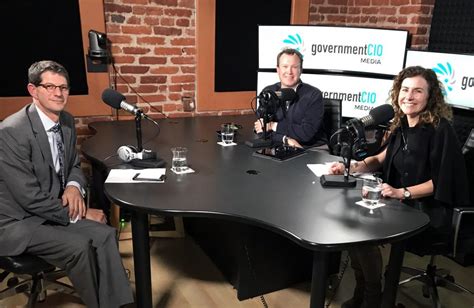A Quote by Christopher A. Wray
My view is that the cyber threat is bigger than any one government agency - or even the government itself. But the FBI brings a rare combination of scope and scale, experience, and tools to the mix. We investigate criminal activity like intrusions and cyber attacks, but we also investigate national security threats like foreign influence.
Related Quotes
The FBI has built up substantial expertise to address cyber threats, both in the homeland and overseas. Here at home, the FBI serves as the executive agent for the National Cyber Investigative Joint Task Force (NCIJTF), which joins together 19 intelligence, law enforcement, and military agencies to coordinate cyber threat investigations.
Cyber attacks from foreign governments, especially China, Russia, North Korea along with non-state terrorist actors and organized criminal groups constitute one of our most critical national security concerns. They're leaning everything about us and we don't have - wanna have any servers in the basements, by the way folks.
Today is just to the beginning of a long and overdue national discussion on how to protect ourselves from modern cyber crime and evolving national security threats and how to develop the cyber offense strategies necessary to gain a critical security edge in the 21st century. We need the edge, and ideally, a big one.
The wheel of government will continue to work, even as these people come in and we wait for them, but the issue is, there's always one thing, that a new administration confronts.For the Bush administration, it was terrorism. For this administration, it's going to be cyber-security, not Russian hacking. That's a symptom of the bigger problem, but the bigger issue of cyber, how they deal with that. So, we may see something else we're not anticipating. That's going to be their challenge.
It ends a 40-year ban on exporting U.S. oil. It's changed - it's included in its cyber-security legislation - that says to private companies, hey, if you share with us your data on your cyber-attacks, your potential cyber-attacks, we'll give you liability protection. And they authorized a health care program for 9/11 responders for 75 years to cover the length of their lifespans.



























